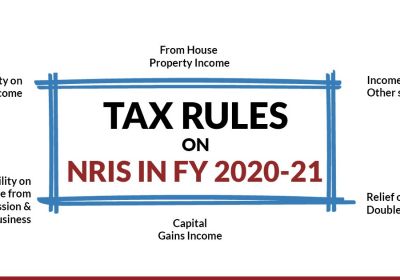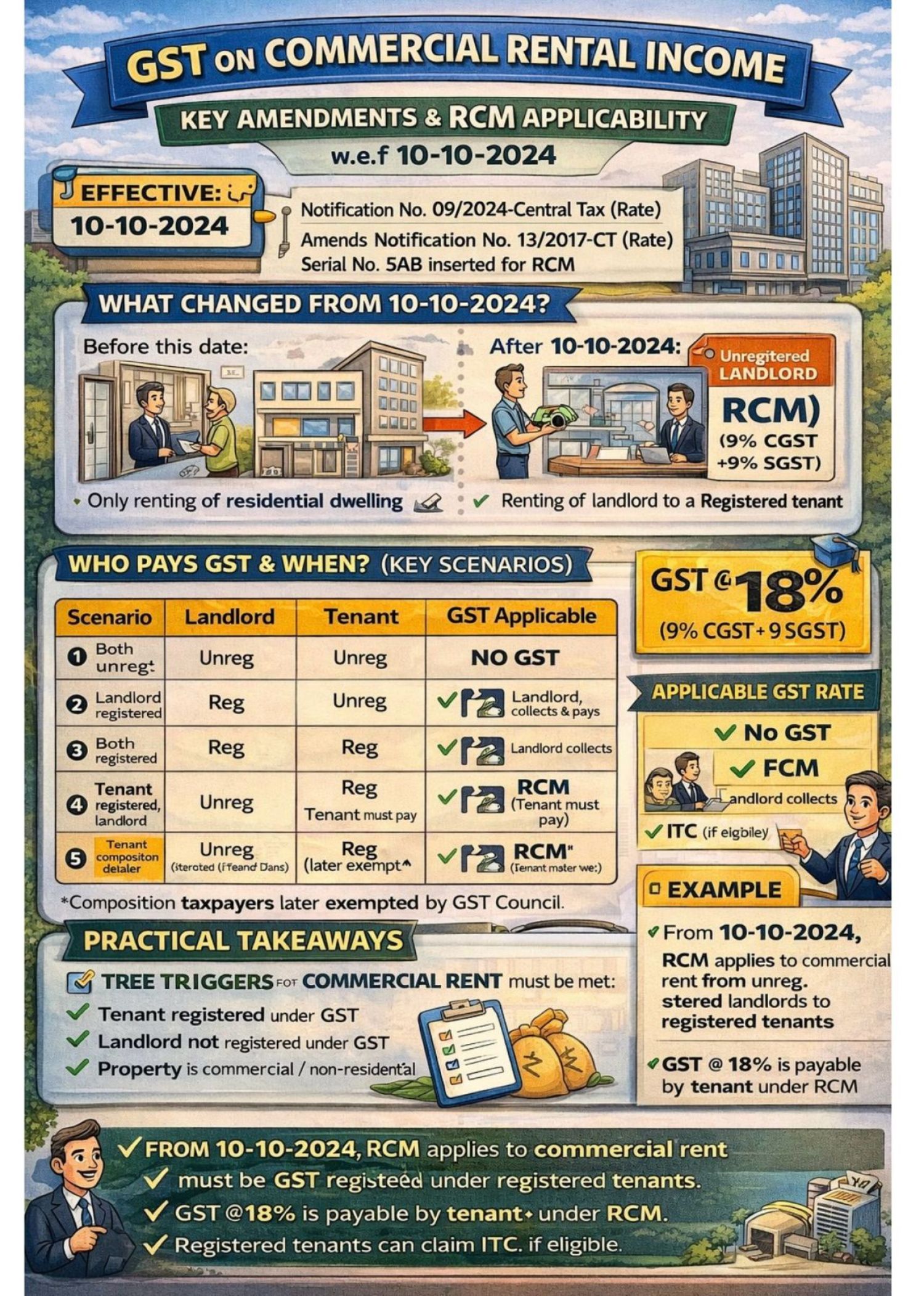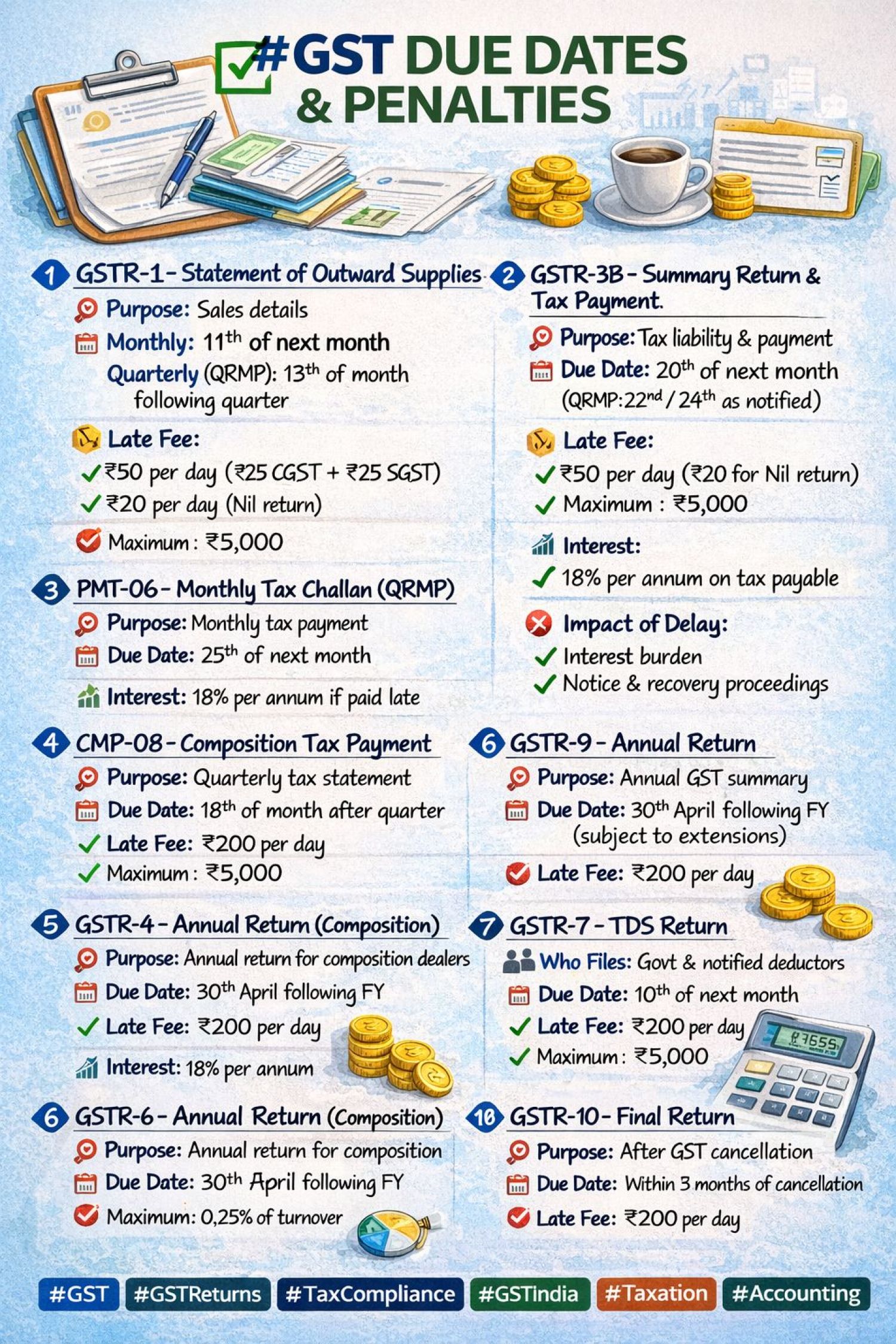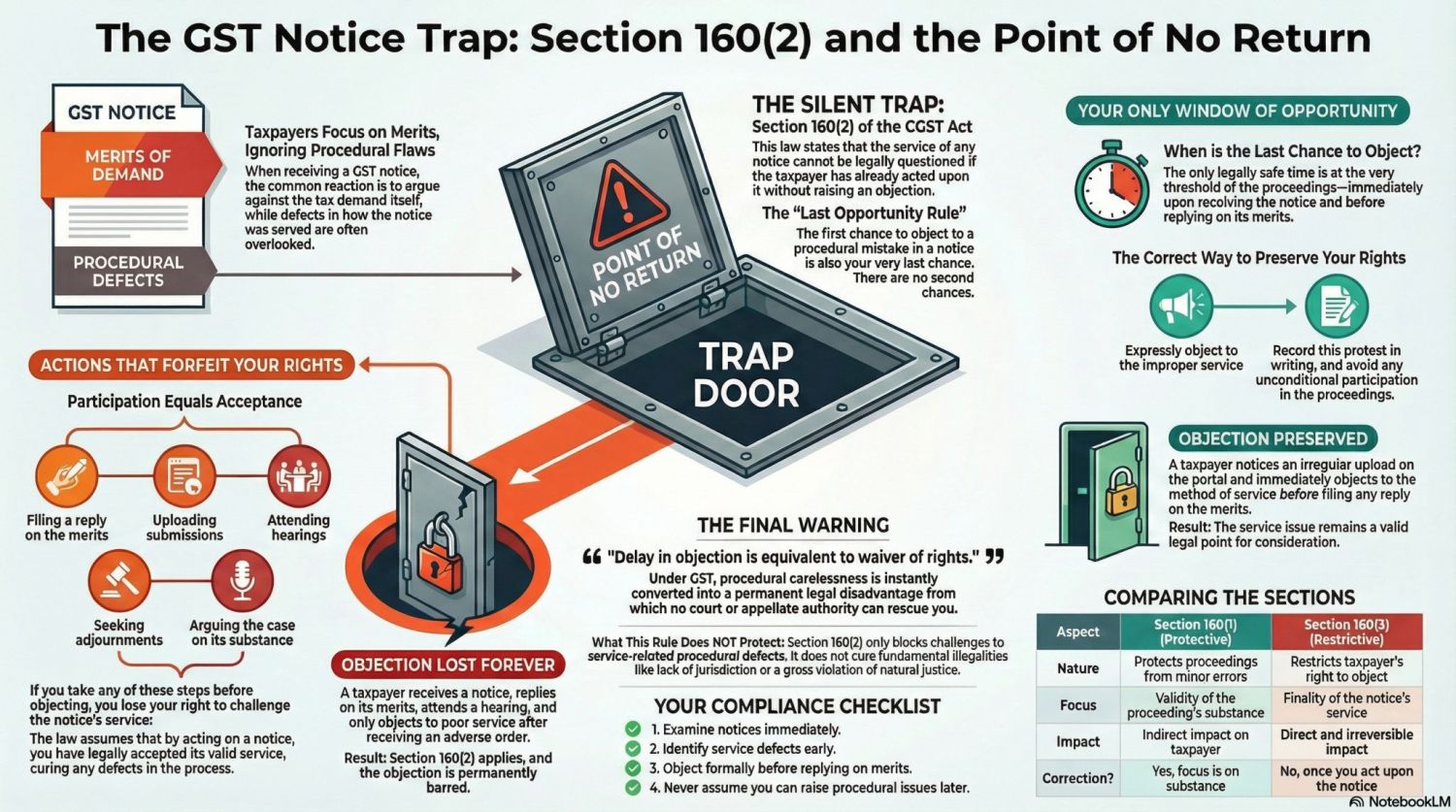Table of Contents

PROBLEMS FACED IN INVESTING IN INDIA BY NRIS
BRIEF INTRODUCTION
With the rapid growth in the Indian market, NRIs have been eagerly looking for making investment in the Indian market. Several investment options are available in India, like mutual funds, equity stocks, IPOs, ETF, bonds, etc. However, investment instruments like equity, bonds, mutual funds and more have their restrictions. As an example, majority of the mutual fund companies don’t tend to accept investment applications from NRIs, who either belongs to USA or Canada. Here we'll discuss common problems faced by NRIs when investing in India.
PROBLEMS FACED IN INVESTING IN INDIA BY NRIS
Once an Indian attains the NRI status, he/she must open an NRE/ NRO account or convert the prevailing account to a Rupee-designated NRI account. Similarly, a Demat account will have to be converted into an NRO account, while stock trading activities must be routed through a PIS (Portfolio Investment Scheme) account. NRIs must stay updated about the changes within the rules associated with NRI investment in India.
1. Restrictions on investment
Some NRIs face the limitation in respect of timely accommodation towards the complicated processes and stringent regulations for making investment within the Indian market. for example, as a US-based NRI, you need to bear in mind of the different mutual fund houses in India you're allowed to invest through. this is often because after the implementation of the Foreign Account Tax Compliance Act (FACTA), mutual funds houses are required to accommodate plenty of paperwork and compliance to receive investments from NRIs within the USA and Canada. As a result, only a few of investing houses accept investments from US-based NRIs. However, NRIs of other nations only have to update their residential status by submitting necessary documents.
2. Tax Avoidance/ Double Taxation
Double taxation is another sought of problem faced by many NRIs. Where any income is earned by NRIs in India, that may be in the form of dividends from equity shares or mutual funds, interest from NRO accounts/ FDs, rent, capital gains, etc., and the same exceeds the prescribed amount, the NRI would be liable for the filling of income tax return. Moreover, investments by NRIs could lead to double taxation in some countries. they will need to pay double tax both in India as well as within the country of their residence. to cut back this double taxation burden on NRIs, India has signed a tax treaty called Double Taxation Avoidance Agreement (DTAA) with over 90 countries across the globe. This treaty works to tackle the matter of tax avoidance as well as solve the difficulty of double taxation of NRIs. As per the treaty, NRIs must pay tax in either of the countries. This means, if you've got already paid taxes on capital gains in India, you don’t have to pay tax for the same within the country of your residence. this may provide great relief to NRIs living in these countries.
3. Minimal Diversification
Tying your portfolio to a particular asset class in one country may be a gamble and will not get you desired returns. NRIs tends to make investment in traditional fixed returns assets in India like bank FDs, gold and property and hence they fail to diversify their investments across different assets. Complicated web of regulations, an array of transactional compliances, lack of information of Indian market, and taxation are a number of the reasons due to which NRIs show an absence of enthusiasm to take a position in other asset classes. Although, there are multiple avenues for NRIs to settle on from that offer higher returns, like NCDs, direct equity, IPOs, ETFs, mutual funds and more.
4. Digital assets
Young tech-savvy NRIs often tend to invest an enormous amount in digital assets like NFTs (Non-Fungible Tokens) and cryptocurrencies. However, because of their volatility, NRIs tend to make restrictive investments, ensuring that they are free from uncertainty or volatility.
SOLUTION FOR IN INVESTING IN INDIA BY NRIS
In the previous couple of years, Indian market has changed a lot; it's not the same market as during 2000. folks that stayed off from the exchange for many years mainly on account of lack of awareness and risk tolerance are now heavily investing across asset classes including direct equity, IPOs, ETFs, mutual funds and more.
There are a large array of NRI investment options in India across assets. Many next-gen banks, stockbrokers and fintech players are offering customized online NRI investment plans. Now non-residents and PIO/OCI cardholders can open an NRI bank account, Demat account and trading account online and begin trading and investing within the Indian market. To ensure full compliance with Indian laws and for NRI taxation related queries, NRIs can get connected with experts in India online from their country of residence. With the arrival of economic technologies and also the Government of India’s efforts to boost up the NRI investment in India, common problems faced by NRIs when investing in India are reduced to a bigger extent. Procedures of investment have swiftly moved to online modes offering investors much transactional ease, even for investors living overseas.
OTHER INVESTMENTS OPTIONS IN INDIA
NRIs/PIOs are allowed to invest in India in two ways, namely -
REPATRIATION BASIS
- Investment in Government dated securities and treasury bills.
- Purchasing of units of mutual funds of domestic companies.
- Purchasing of bonds issued by any PSU in India.
- Investment in Non-convertible debt instruments.
- Banks in India issuing debt capital instruments for investment purposes.
- Shares or stocks of Indian companies under the FDI scheme.
- Investment in Shares and convertible debentures of Indian companies through stock exchange under Portfolio Investment Scheme.
NON-REPATRIATION BASIS
- Investment in Government dates securities and treasury bills.
- Purchasing of units in the money market and domestic mutual funds.
- NSC under Government of India regulations.
- Direct investment in Indian companies.
- Exchange-traded derivative contracts by the SEBI and the same be paid out of INR funds held in India on a non-repatriable basis, up to a certain limit.
- Shares and convertible debentures of Indian companies through stock exchange under Portfolio Investment Scheme.
IMMOVABLE PROPERTY
- Any NRI, other than citizens of Pakistan, Bangladesh, Sri Lanka, Afghanistan, China, Iran, Nepal, and Bhutan, can acquire property in India without any prior approval. Such property excludes agricultural land/ plantation property or a farmhouse out of repatriable and/or non-repatriable funds.
- The payment for the purchase of such property be made from –
- Amount received in India through normal banking channels by way of inward remittance from any place outside India.
- The amount already held in RBI authorized non-resident account maintained in India.
Note: The above amount shall exclude traveler’s cheque or foreign currency notes or any other mode other than those specifically permitted as above.
- They can also acquire such property, by way of a gift from a person resident in India or from a person resident outside India who is a citizen of India or of Indian origin.
- Such property can also be acquired by way of inheritance from a person resident outside India who had acquired such property in accordance with the provisions of the foreign exchange law applicable when the acquisition was made or the provisions of these Regulations or from a person resident in India.
- The property owned by an NRI can be sold to the following persons –
- To a person resident outside India but is a citizen of India or of Indian origin.
Out of the following investment, the NRI is liable for repatriation of the following income -
- The sale proceeds of immovable property in India where the property was acquired out of foreign exchange sources i.e., remitted through normal banking channels / by debit to NRE / FCNR (B) account.
- The amount of repatriation not to exceed the amount paid for the property in foreign exchange through normal banking channels or by debit to NRE.
- The repatriation of sale proceeds can be received up to two residential properties subject to certain conditions.
- Where the property was acquired out of Rupee sources, NRI are allowed to remit an amount equal to USD one million per financial year out of the balances held in the NRO account, subject to tax compliance.
RETURNING NRI FACILITIES
- Such NRI shall continue to hold, own, transfer or invest in foreign currency, foreign security, or any immovable property situated outside India, where such currency, security, or property was acquired, held, or owned when resident outside India.
- Any income derived and sale proceeds from assets held abroad need not be repatriated.
















